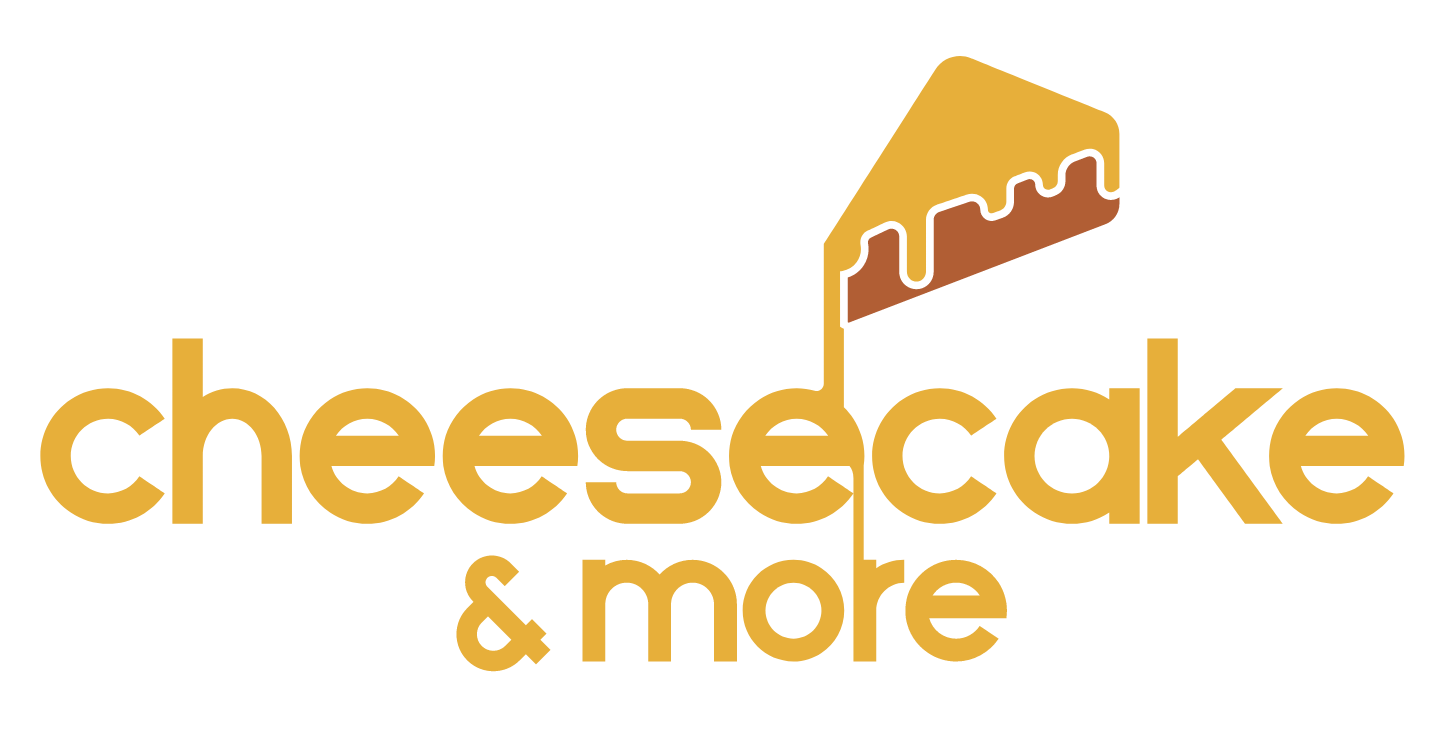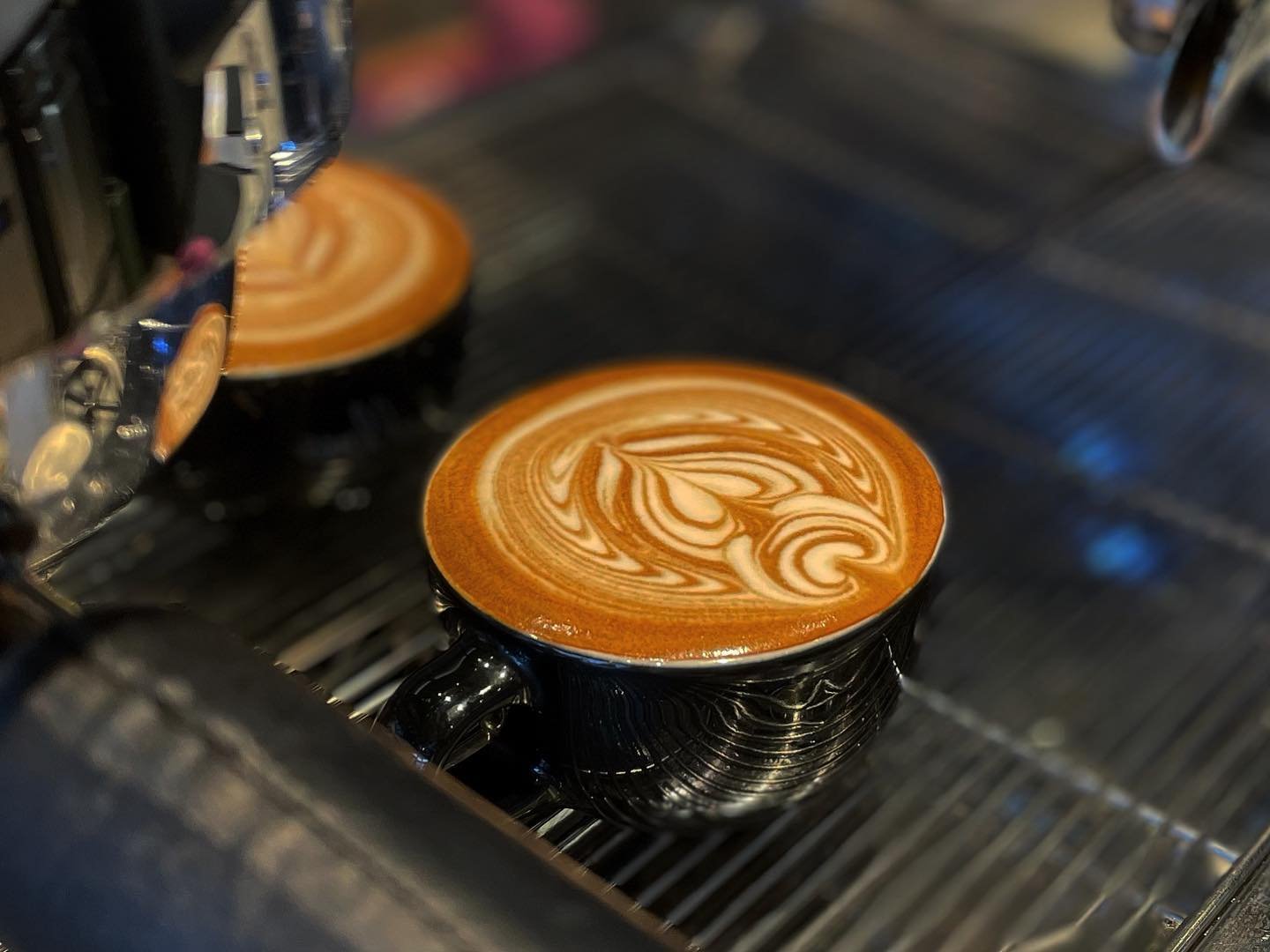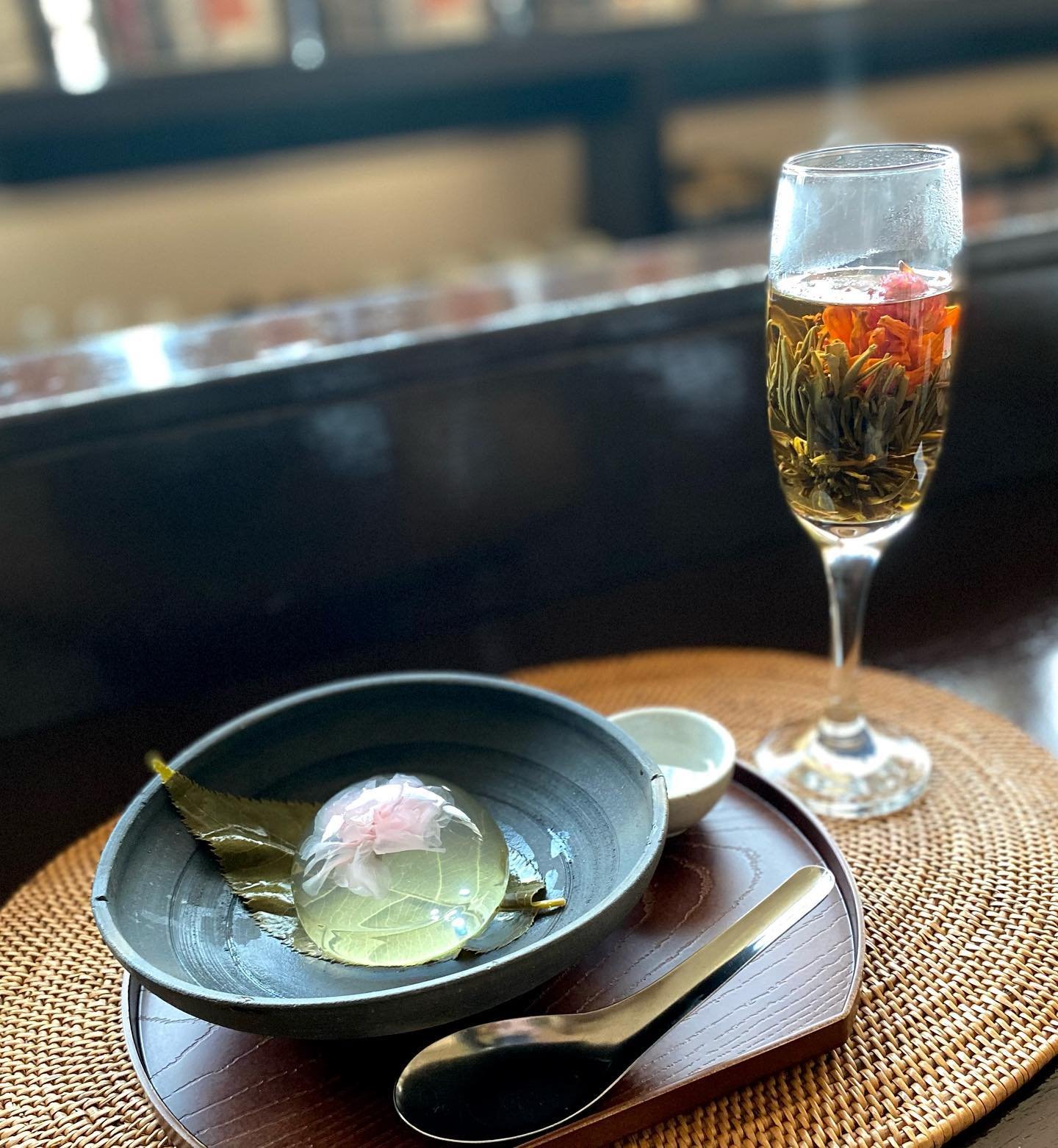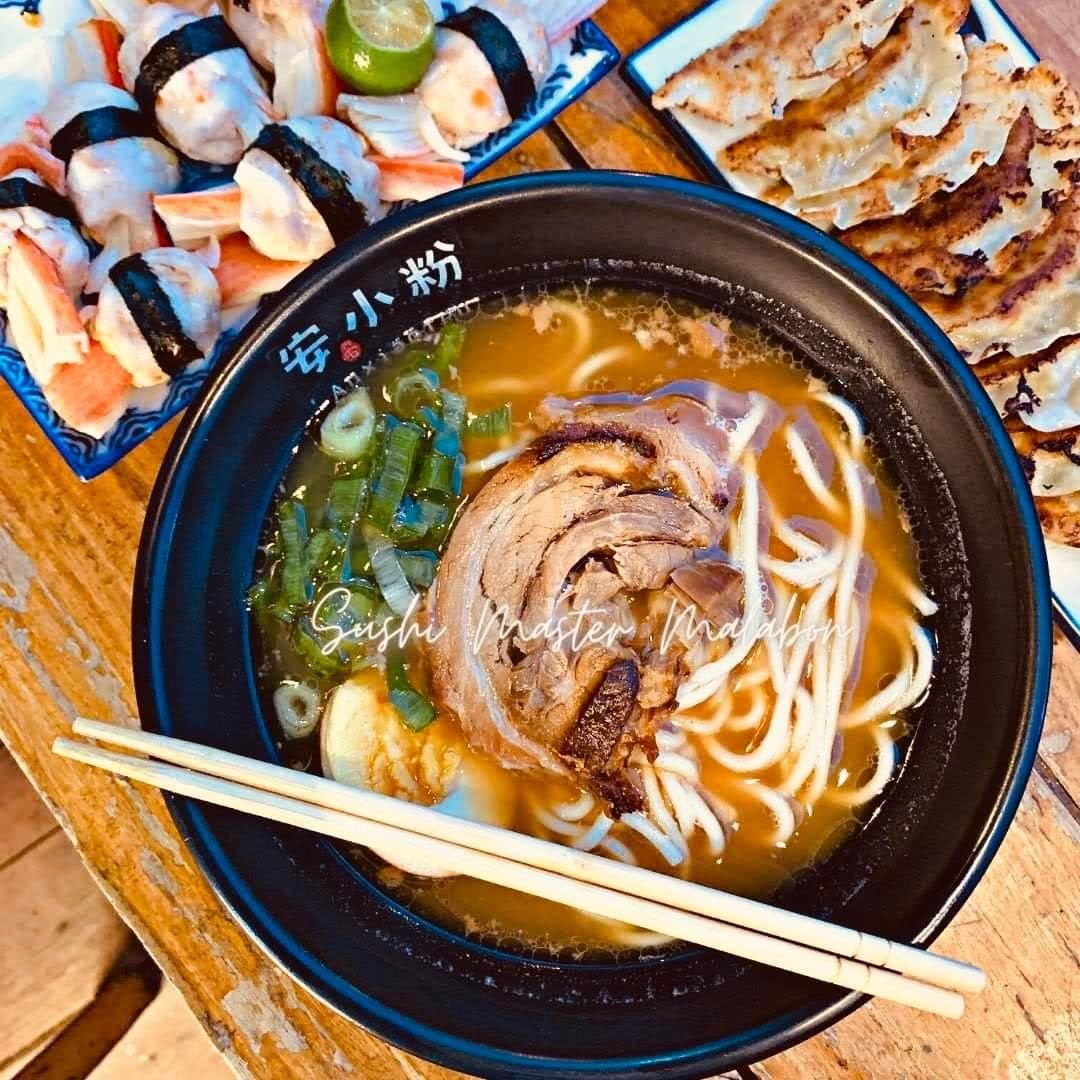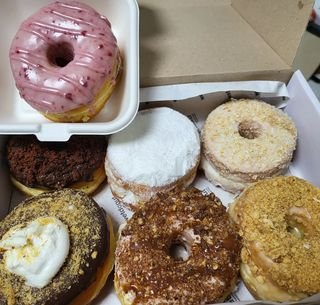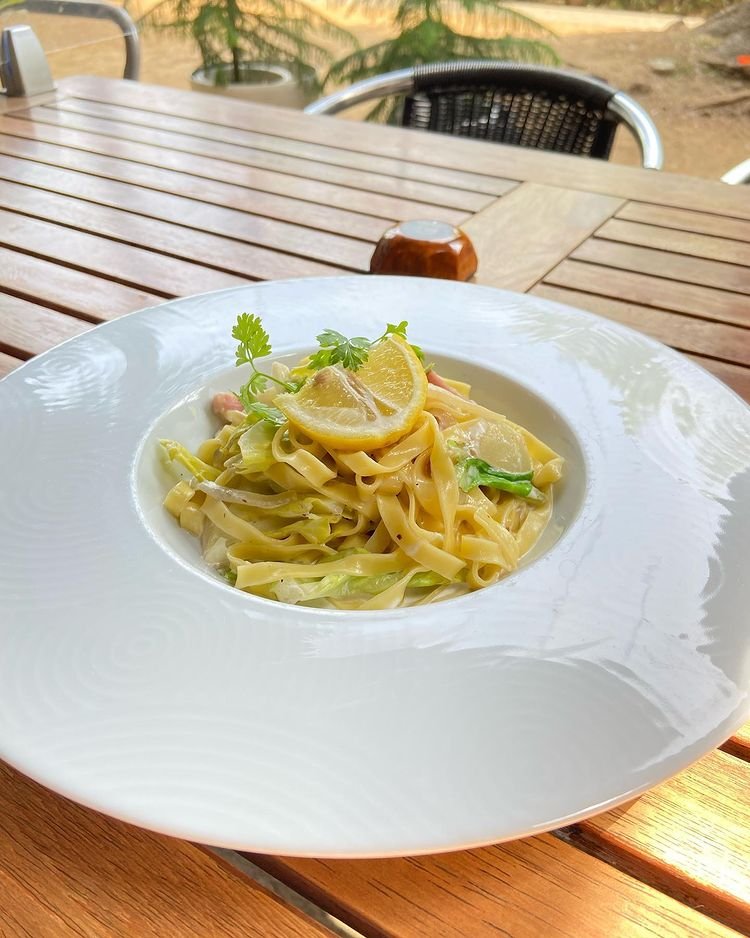Hey there, dessert lovers and health-conscious folks! Have you ever wondered if there’s a way to enjoy your favourite treat, cheesecake, without feeling guilty about it?
Are there any cheesecake health benefits and nutrition facts? Well, you’re in for a delightful surprise, because we’re about to explore the world of cheesecake and if cheesecake is good for weight loss.
Think of it as your golden ticket to understanding how a dessert can actually be a part of your healthy lifestyle that helps you choose between cake and a cheesecake to gulp on!
So, put on your apron and let’s dive into the mouthwatering world of cheesecake to explore how cream cheese is a wonderful source of numerous antioxidants, making your taste buds and your body happy.
Nutritional Profile: Cheesecake Health Benefits And Nutrition Facts
| Nutrient | Measure |
| Calories | 300 – 400 |
| Protein | 5 – 8 gms |
| Fat | 25 – 30 gms |
| Carbohydrates | 15 – 20 gms |
| Vitamins And Minerals | Vitamin A, Calcium, Vitamin D and Magnesium |
| Iron | 3% |
| Fibre | 0.4 gms |
How Cheesecake Aids In Weight Loss?
If you’re reading this, you might be wondering if cheesecake, that creamy, indulgent dessert, could possibly have anything to do with weight loss. Well, hold on to your forks because we’re about to uncover a delicious secret on how cheesecake aids in weight loss.
Cheesecake: Healthy Or Not?
The question on everyone’s mind is cheesecake good for weight loss? It’s not as straightforward as “yes” or “no.” The ultimate secret to enjoy cheesecake and other deserts is moderation. You can occasionally treat yourself to a slice of cheesecake without losing your diet track. However, it’s important to consider portion sizes and the frequency of indulgence to avail maximum cheesecake health benefits.
Cheesecake Health Benefits And Nutrition Facts
Cheesecake is a sweet dessert with a biscuit bottom crust. A layer of filling composed of soft cheese (typically cream cheese, cottage cheese, or ricotta cheese), eggs, and sugar is placed on top. It’s a mouth-watering treat that sparks your appetite just from reading the name.
Mostly, when something tastes so good, we need to consider how it will affect our health. Although it’s simple to overindulge, you should pay attention to the foods you choose. Many people’s diets already include cheese, but what about cheesecake? Let’s explore cheesecake health benefits and nutrition facts!
Satisfies Cravings: Cheesecake’s rich, creamy texture can satisfy your dessert cravings, helping you avoid eating too much in less healthy treats, like a midnight candy binge.
Mood Booster: Enjoying a slice of cheesecake sometimes can boost your mood and bring a smile to your face, just like catching up with a good friend over coffee.
Social Connection: Sharing cheesecake with loved ones during celebrations or gatherings builds up bonds and creates memorable moments, similar to those loved family dinners.
Calcium Source: Cheesecake contains calcium, vital for strong bones and teeth, much like a glass of milk does.
Cream cheese can also be considered a nutritious food. Cream cheese is high in fat, but it also has vitamins A, B12, E, and K. The vital micronutrients and flavonoids in cheesecake can be provided if it is served with fresh fruits and compotes.
Here are some more benefits of cheesecake:
- Good source of protein
- May benefit eyesight
- May improve skin health
Some Fun Unknown Facts About Cheesecake
Cheesecakes have a rich history and some interesting lesser-known facts. Here are some fascinating cheesecake facts:
Crust Evolution: The original cheesecakes didn’t have a crust. A more recent innovation is the addition of a crust made of graham crackers or crushed cookies.
World Records: The largest cheesecake ever made weighed a staggering 6,900 pounds and was created in New York in 2017, setting a Guinness World Record.
New York vs. Philly: There’s a friendly rivalry between New York-style cheesecake and Philadelphia-style cheesecake. While Philadelphian-style is frequently made with cream cheese for a denser consistency, New York-style is renowned for its creamy texture.
Japanese Fluffiness: Japanese cheesecake, also known as “cotton cheesecake,” is famous for its incredibly light and fluffy texture, often described as a cross between cheesecake and sponge cake.
FAQ’s
- Is cheesecake healthier than a normal cake?
Cheesecake is much more nutritious than a regular cake and should be accepted as part of a balanced and nutritious diet. Cream cheese, eggs, and milk, which are the primary ingredients of cheesecake, are all high in vital nutrients like protein, calcium, vitamin D, and omega-3 fatty acids.
- What is cheesecake made of?
Cheesecake typically consists of three main components: a crust, a creamy filling, and often a topping. The crust is usually made from crushed cookies or graham crackers mixed with butter. Cream cheese, sugar, eggs, and flavourings like vanilla extract make up most of the filling.
